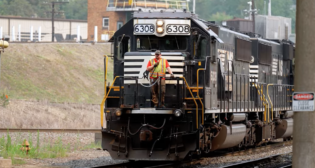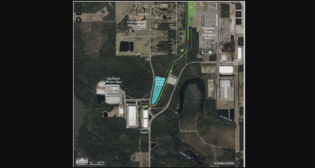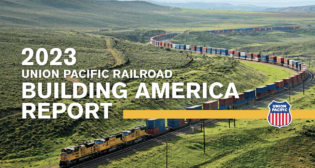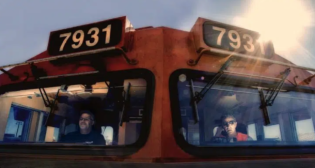
Will Bureaucrats Invade the C-Suite?
Written by Frank N. Wilner, Capitol Hill Contributing Editor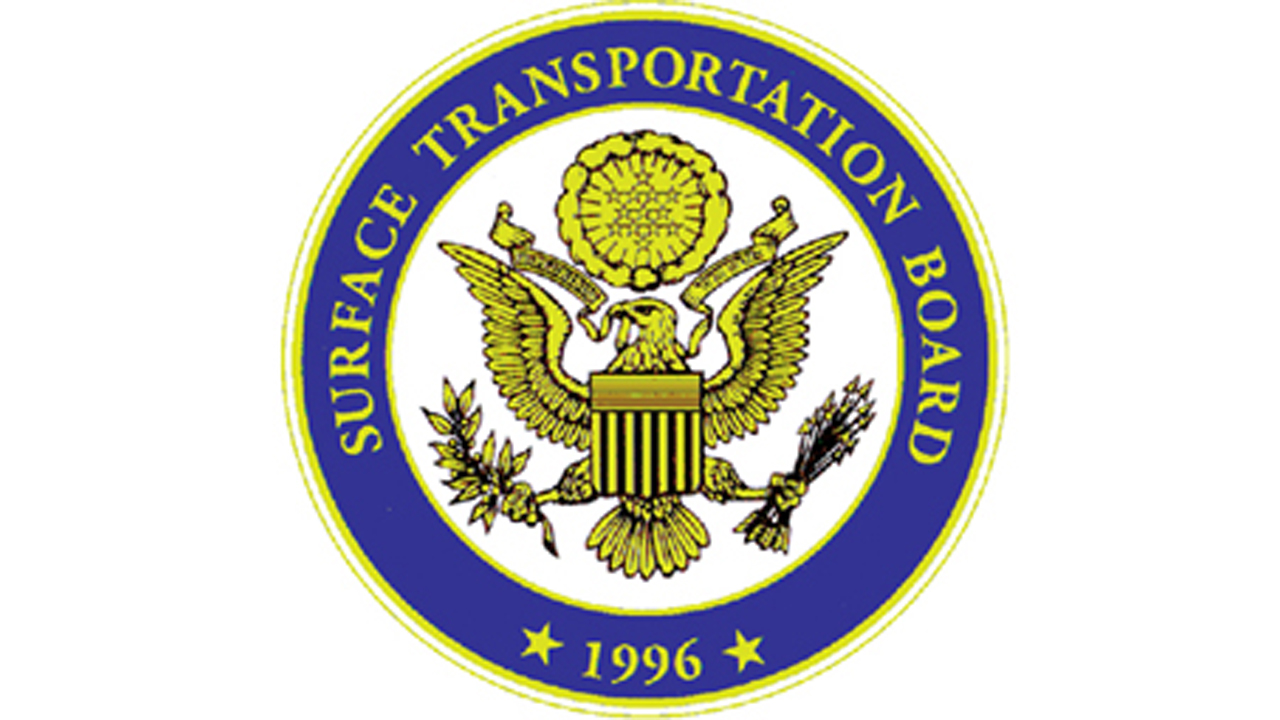
WATCHING WASHINGTON, RAILWAY AGE DECEMBER 2022 ISSUE: What is going on with Class I railroad labor relations and customer service?
In negotiating amendments to national labor agreements, carriers handed their unions a public relations victory by steadfastly resisting a request for paid sick leave. The flimsy defense was that the unionized workforce already has paid vacation and personal leave days, even though such absences require advance permission, while illness arrives randomly. Harsh railroad attendance policies fare no better in the public’s eye than those Elon Musk sought at Twitter.
Separately, the Big Four—BNSF, CSX, Norfolk Southern (NS) and Union Pacific (UP)—are twisting the tail of the Surface Transportation Board (STB) with such persistently egregious customer service failures as to run a high-probability risk of regulators rolling back economic freedoms essential to long-term revenue adequacy (see cover story, p. 10).
“How, and how soon, railroads recalibrate and restore a level of service minimally acceptable to regulators and shippers will determine how far the STB extends its regulatory reach.”
Although railroads brag of pivoting to growth, rail market share has steadily eroded. Increasingly, unflattering media reporting focuses on alleged botched implementation of Precision Scheduled Railroading (PSR); STB’s inquiry whether a surge in UP embargoes is personification of PSR problems; rising rail freight rates; and a showering of cash on shareholders by the Big Four (BNSF indirectly, to Berkshire Hathaway shareholders) as extracted from motive power and freight car mothballing, employee layoffs and reductions in service quality and quantity, said to cause rail-dependent businesses to plead for STB emergency service orders.
STB Chairperson Martin J. Oberman speaks of a “Class I service meltdown” largely born out of imprudent headcount reductions. Sounding a tad like self-proclaimed Democratic socialist Sen. Bernie Sanders (I-Vt.), Oberman cites management’s obsession with lower operating ratios and duopolies that “cannot be expected to serve the best interests of the economy and the public as distinguished from serving solely the profit interests of their owners.” The STB’s role, he says, is “to ensure that the public interest is protected.”
Oberman hands a pass to smaller Class I railroads CN, Canadian Pacific and Kansas City Southern, saying they have “not presented anywhere near” the problems alleged of the Big Four.
Association of American Railroads President Ian Jefferies told Congress, “Railroads recognize that their service over the past year has not been at a level their customers deserve and expect.” Not to be ignored as a cause is a global pandemic, ubiquitous worker shortages affecting all industries, and a fiduciary responsibility of rail management to “right-size” as economic conditions, such as a looming recession, dictate. Yet what the STB factually and impartially concludes is what matters.
To justify a spring 2022 public hearing (“Urgent Issues in Freight Rail Service”), the STB cited “inconsistent and unreliable rail service, unfilled car orders, delays in transportation for carload and bulk traffic, increased origin dwell time for released unit trains, missed switches and ineffective customer service assistance.”
Nearly half the American Chemistry Council’s members still report rail service failures, with 60% saying their rail freight rates increased. A survey by consultancy Oliver Wyman revealed an inability of railroads to provide information on freight location or reasons for transit delay.

Comes most recently the Freight Rail Customer Alliance (FRCA) and National Coal Transportation Association (NCTA), representing some 3,500 electric utility, chemical and alternative fuel companies, many of which have limited or no effective transportation alternatives to rail. They say rail service failures have burdened 38% of their members with at least $20 million each in additional expenses.
The FRCA and NCTA calculated a “metric of unmet demand,” saying that “allowing railroads to profit from their service inadequacies constitutes bad public policy and a perversion of the competitive market principles that the railroads purport to espouse.”
Coal shippers say that after investing in their own railcars—“often at the rail carriers’ direction”—they are prevented by railroads from utilizing those cars, stranding investment and creating “additional shipper incurred costs for storing the railcars.”
How, and how soon, offending railroads recalibrate and restore a level of service minimally acceptable to regulators and shippers will determine how far the STB extends its regulatory reach. Third-party involvement—as a response to deep and festering stakeholder frustrations—is never economically most efficient and carries unintended consequences. The thought of bureaucrats occupying C-suites is quite unspeakable.

